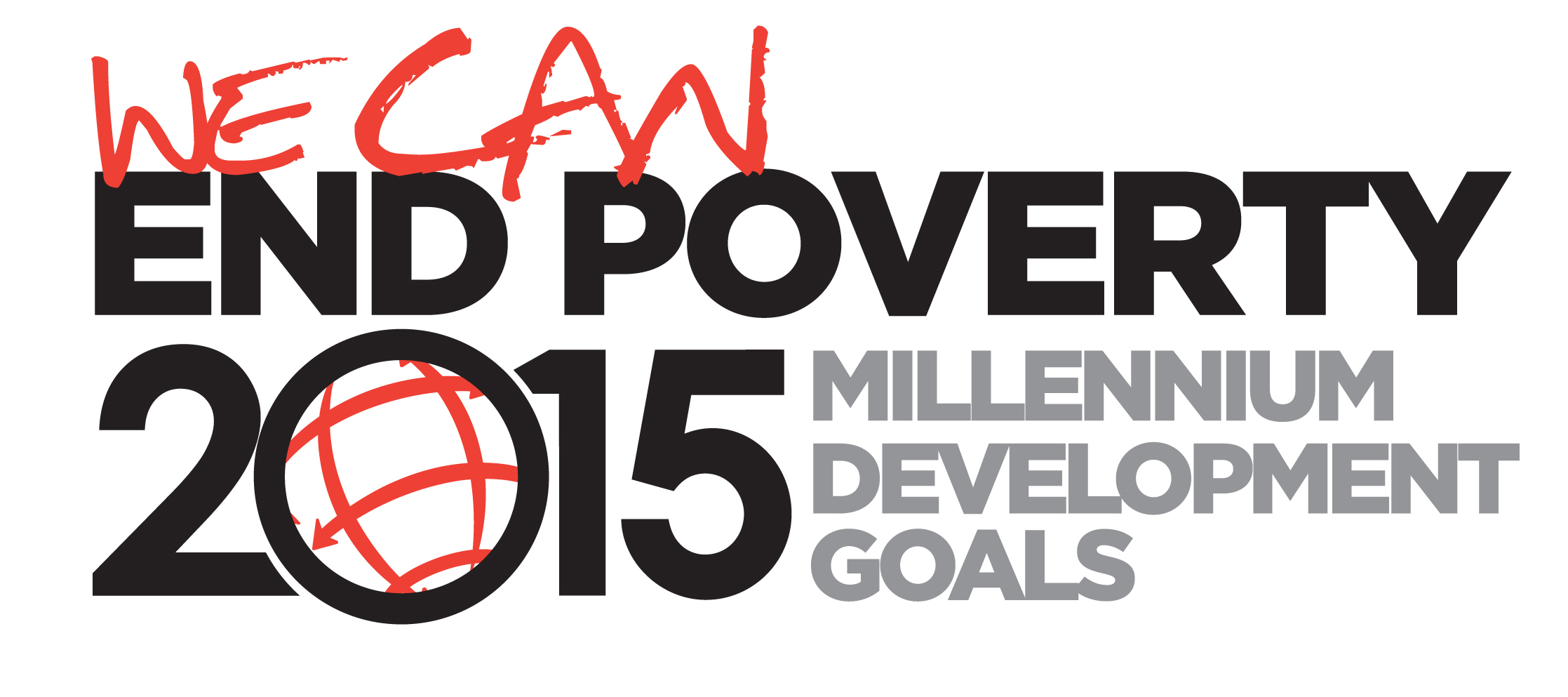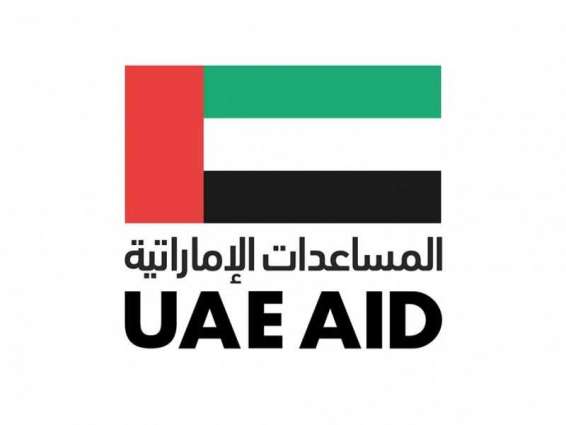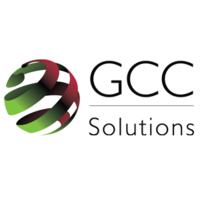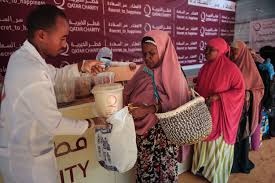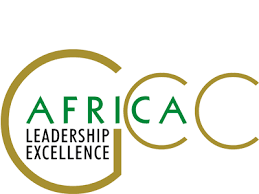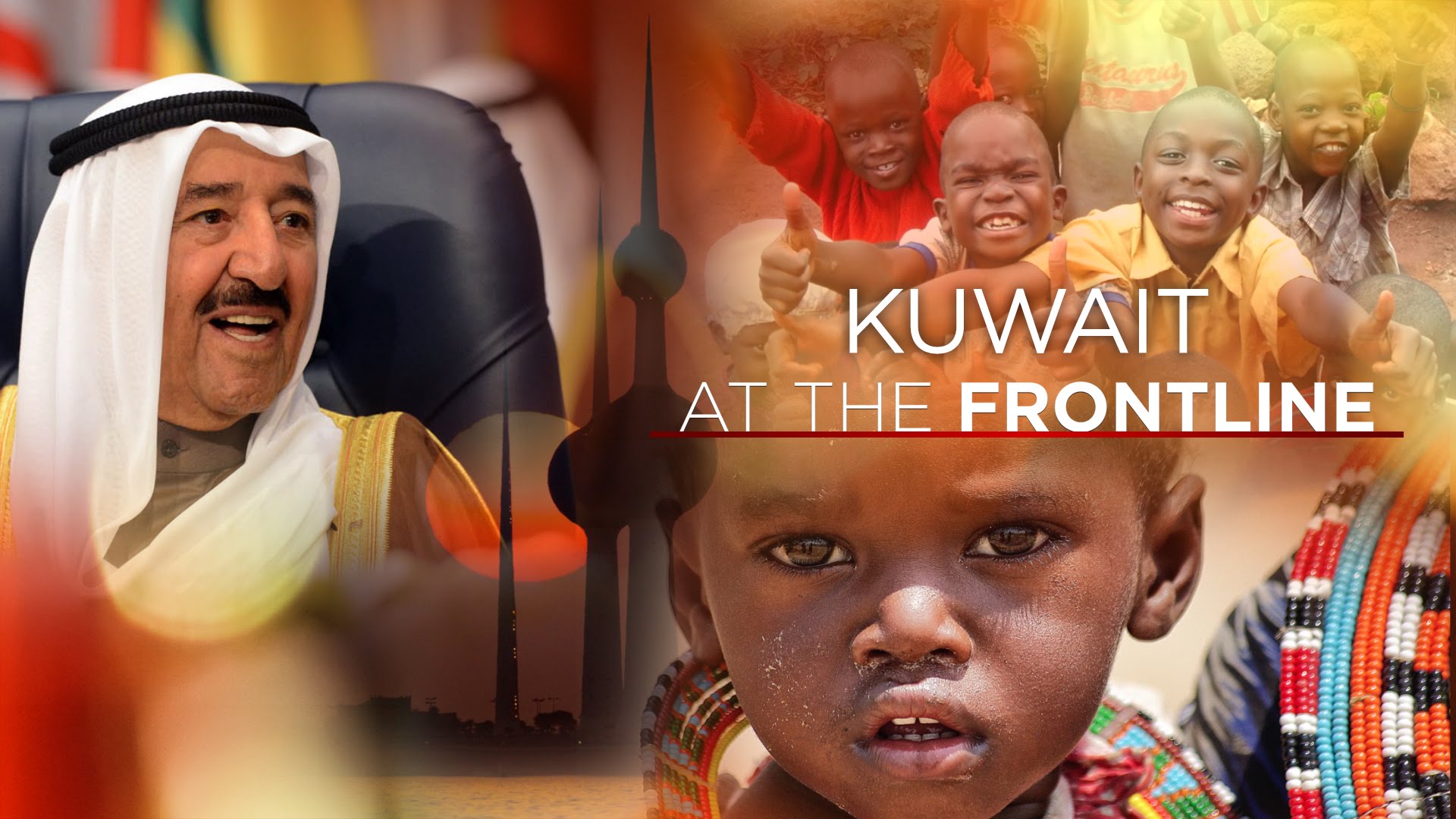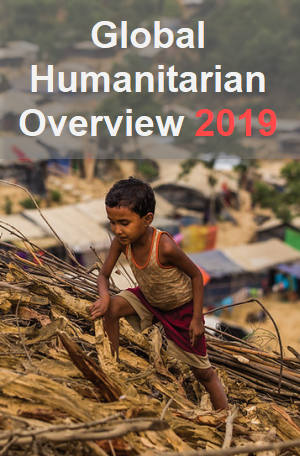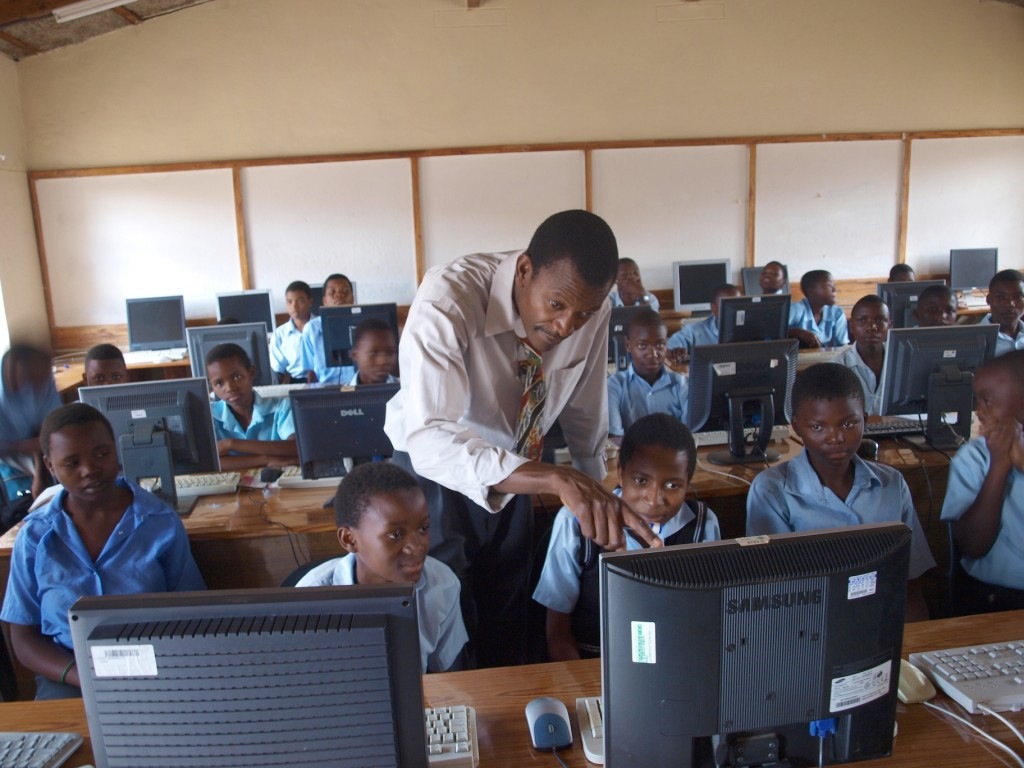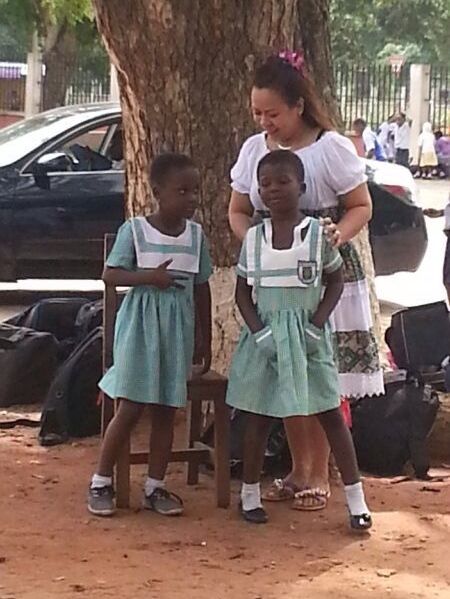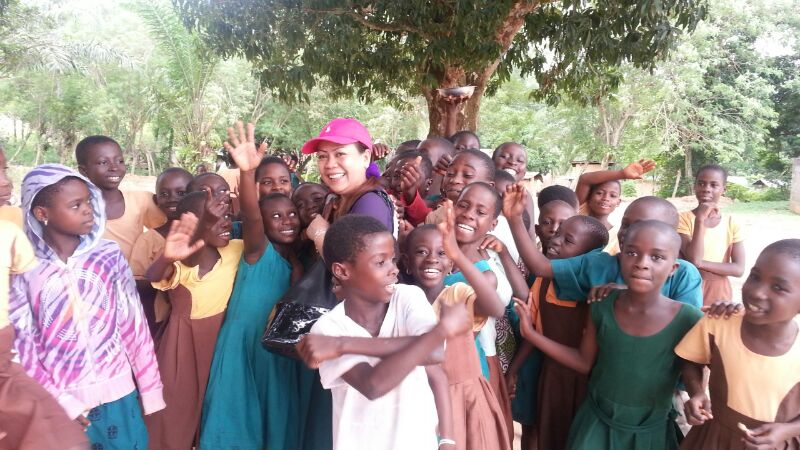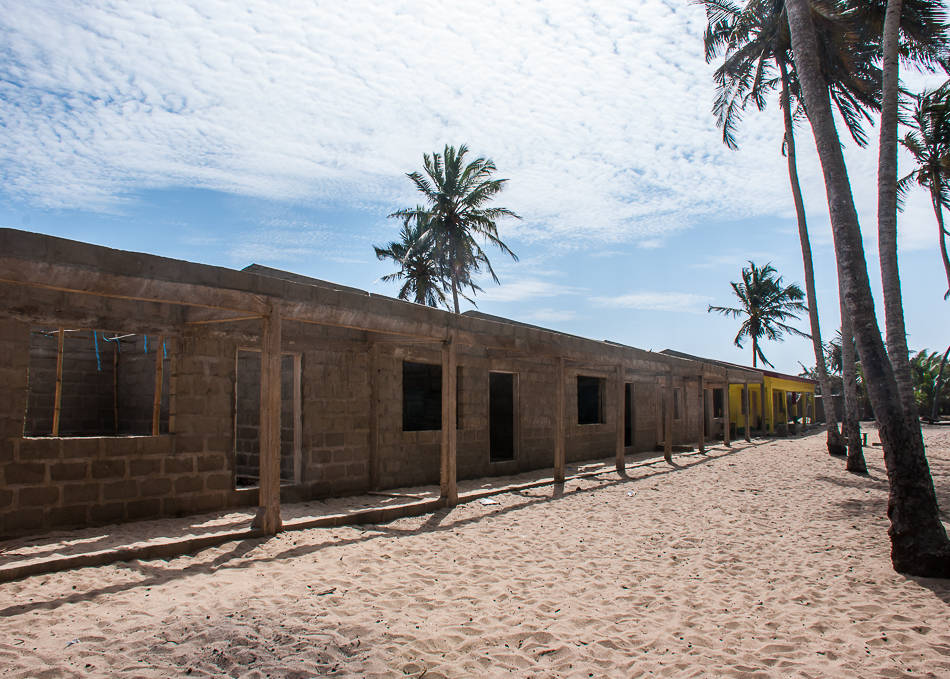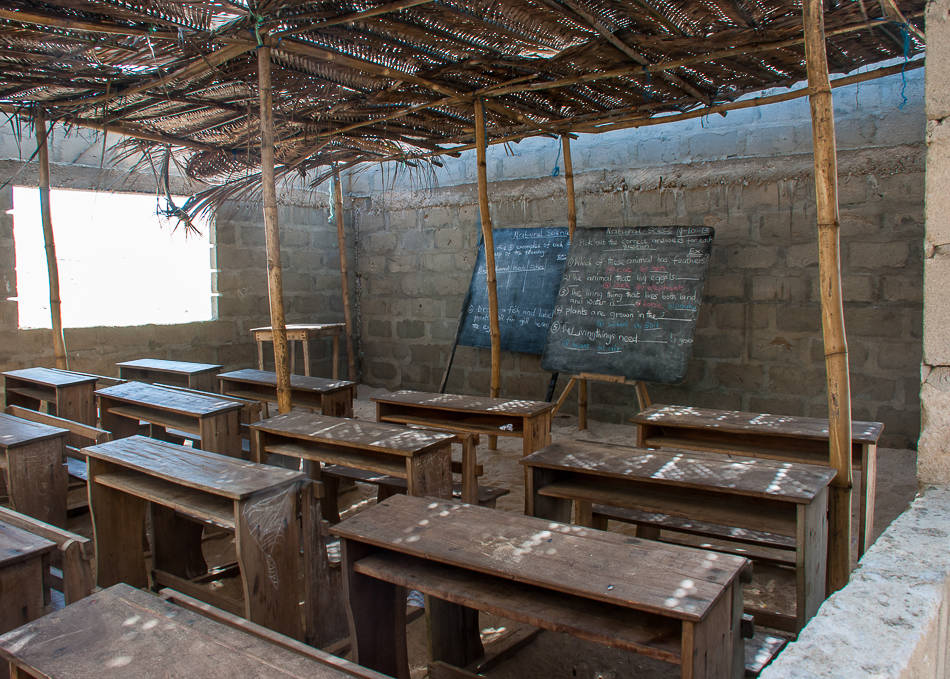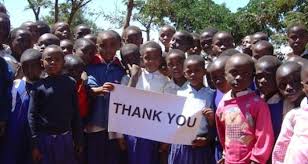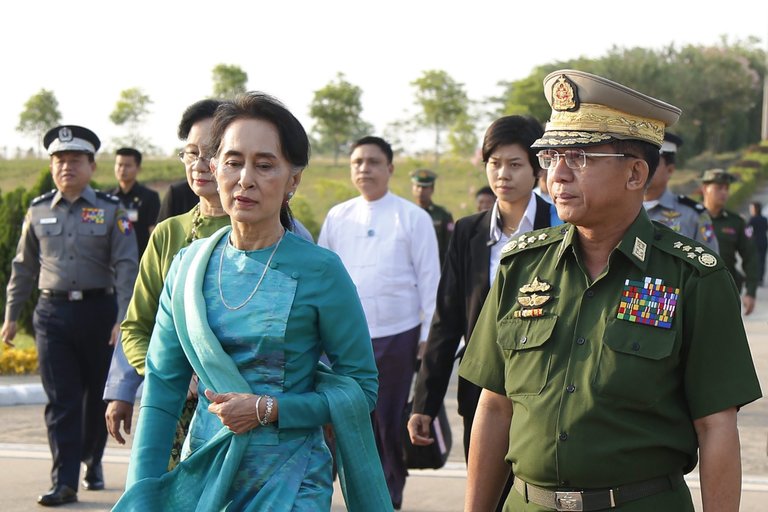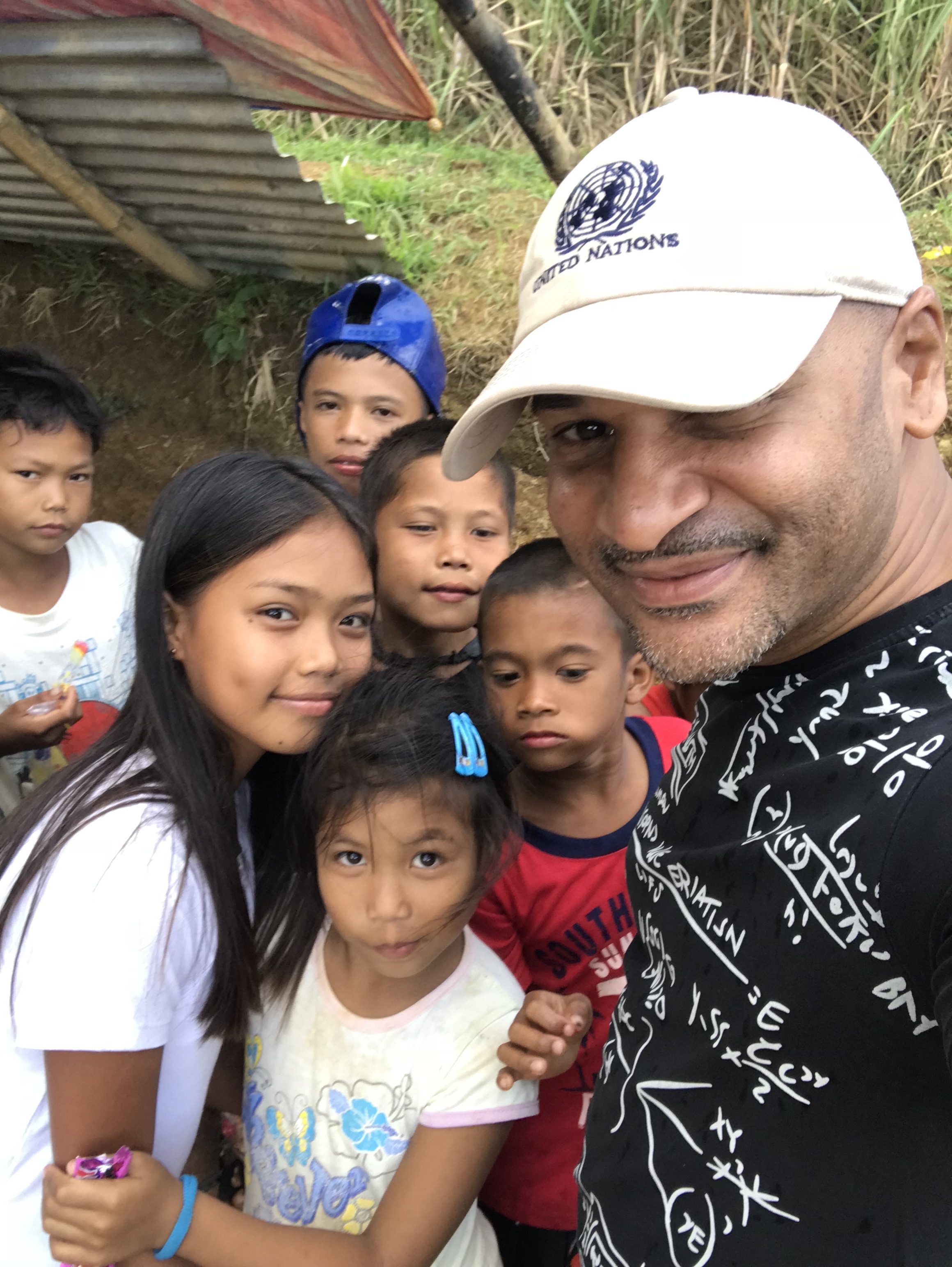Category Archives: Others
UAE Foreign Aid
Facts
(1) The UAE has donated billions of US Dollars in overseas aid over the last four decades.
(2) The UAE implements fully its official development assistance commitments to least developed countries.
(3) The UAE has donated over $40 billion in humanitarian and relief aid in emergency situations and charity aid to over 175 countries around the world.
Humanitarian aid accounts for a significant part of the UAE’s total foreign aid where the country responds to major crises through its charities and humanitarian agencies called the Abu Dhabi fund for development, Emirates red crescent, Khalifa bin Zayed Al Nahyan foundation and the Mohammed Bin Rashid Al Maktoum charity and humanitarian foundation as well as other international organizations.
The UAE foreign aid targets priority areas such as humanitarian assistance, charitable aid, elimination of poverty, support for children, global sectoral programs such as transportation, infrastructure, construction of housing complexes, roads, bridges, power generation, governments support, development projects, and empowerment of women
The UAE’s aid has only humanitarian objectives. It is neither governed by politics nor is not limited by geography, race, color or religion of the beneficiary. This is a practical application of the principle of tolerance in the UAE. This policy was laid down by the founder President of the UAE, the late Sheikh Zayed bin Sultan Al Nahyan who stressed that foreign aid and assistance is one of the basic pillars of UAE foreign policy.
When formulating its approach to providing foreign aid, the UAE has adopted the idea of sustainable development and improving the welfare of all mankind.
The main goal of foreign aid offered by the UAE is to reduce poverty and improve quality of life in underprivileged communities, promote relations between the UAE and other states, including the recipient countries and other donor states, and encourage creation of economic relations with developing countries based on mutual interests
The UAE provides foreign aid in response to the directives from His Highness Sheikh Khalifa bin Zayed Al Nahyan and His Highness Sheikh Mohammed bin Rashid Al Maktoum, extending help to the needy people around the world. This is based on the UAE’s commitment to support the goals of sustainable development that the international community has agreed to achieve in the coming 15 years to eliminate poverty
The International Humanitarian City
Founded by His Highness Sheikh Mohammed bin Rashid Al Maktoum, Vice-President and Prime Minister of the United Arab Emirates and Ruler of Dubai, The International Humanitarian City is the one and only non-profit, independent, humanitarian free-zone Authority hosting a community of members comprised of UN organizations, international non-governmental organizations, intergovernmental organizations, and commercial companies.
The International Humanitarian City is the largest humanitarian hub in the world with the most diverse members. It plays a pivotal role in facilitating first responses to crises at a global level efficiently. Based in Dubai, The International Humanitarian City has a strategic location allowing rapid relief to be within reach in all corners of the world.
The International Humanitarian City enables its members and aid agencies to conduct fundraising activities in the United Arab Emirates with the partnership and support of the City to obtain government approval. it offers an innovative approach to support humanitarian response through its facilities, warehousing and close-knit network of partners in the private sector, local community, and government.
In order to consolidate the impact of the UAE foreign aid, the UAE cabinet has formed the UAE humanitarian committee, which aims to channel and combine the collective expertise of UAE humanitarian responders in order to facilitate, oversee and coordinate the country’s humanitarian aid.
The UAE’s foreign aid was in line with the country’s policy of supporting the UN millennium development goals.
The UAE is currently involved in the efforts to achieve United Nations sustainable development goals.
GCC 2020 Chronic Poverty Vision
Implementation of
GCC 2020 Chronic Poverty Vision
With the believe that eliminating extreme poverty is possible, Royal Group Charity is proud to present the GCC 2020 Poverty Vision to implement our actions on this belief.
Ending extreme poverty is possible and therefore launch a global movement behind this effort.
Each year, the GCC Countries make a life saving difference for millions of men, women, and children around the world to equip and empower the most vulnerable people with tools they need to lift themselves out of poverty.
Extreme poverty and suffering persist in too many parts of the world. More than a billion people struggle to survive each day which is unacceptable to Royal Group Charity Foundation.
With highly skilled and committed professionals who share an exceptional depth of experience will focus on the most vulnerable communities and some of the hardest to reach. GCC 2020 Poverty Vision will be working in over 15 countries across Africa reaching millions of people to help access high quality primary education and supporting children well being which is a worldly recognized solution to the cycle of poverty.
GCC 2020 Poverty Vision is a global community of humanitarians, partners, community members, supporters, donors, and volunteers who share a common vision of a world where no one lives in poverty, oppression or fear. Providing everyone the opportunity to exercise their rights to a brighter future. To have access to the opportunities and choices essential to a healthy and creative life that can be treated with honor and respect.
We are convinced that changes can happen when people are equipped and empowered to improve the lives and futures of their families.
The change becomes stable when we share the vision and help partner organizations and governments reach people on a much larger scale.
We are accurate in going to some of the hardest places and staying until the work is complete to help make sure change is sustainable.
Since 2010, the GCC Countries have been significantly reducing the extreme poverty rate. With this progress maintained, the GCC 2020 Poverty Vision can eliminate at least the most extreme forms of absolute poverty in a much shorter timespan.
Following this road path of the GCC 2020 Poverty Vision, it could take another 40 years or more to lift one billion people out of poverty. Another positive path would be to incorporate the GCC 2020 Poverty Vision with the developing world in seeing one billion people out of extreme poverty by sometime around 2040.
What are the assurances that the second positive path can be followed? Among the list of threats one can identify to attaining that goal, inequality stands out as a major concern. Rising inequality can mean that growth largely by passes poor people. This has been happening in some countries. Experience among developing countries has been varied. Inequality falls about as often as it rises in growing developing countries, although absolute poverty measures tend to fall with growth. High inequality countries have a harder time reducing poverty in that they typically need higher growth rates than low inequality countries to attain the same pace of progress against poverty, and their high inequality often makes that growth even harder to attain.
In thinking about the implications for policy it is important to unpack inequality to identify the specific dimensions most relevant to progress against poverty. Inequalities in access to good quality schooling and health care stand out in many developing countries. In many rural economies, inequalities in access to land also remain an impediment to pro poor growth.
With the required political will, there is much that can be done to improve health and education services in poor places and in making legal systems more inclusive. These are high priorities for antipoverty policy by Improving tax systems in poor countries to expand the revenue for domestic anti poverty policies.
First there will be emergency aid short term assistance to deal with crises. Development assistance should help foster the conditions for sustainable poverty reduction in the longer term, including institutional development and building better public administrations.
It must be acknowledged, however, that the record of development aid has been uneven, and not always well considered in the light of what we have learned about the economics of poverty.
The sustainability of poverty reduction efforts poses a further set of challenges that assure that GCC 2020 Poverty Vision can be anticipated to ensure the sustainability of the reduction in poverty.
The GCC Countries continue to respond to both disaster and chronic extreme poverty.
Royal Group Charity recognizes that extreme poverty is a complex and multidimensional phenomenon which causes severe consequences. People living in extreme poverty also tend to be in poorer health and lack basic employable skills.
The GCC road to a better Africa
GCC states have strengthened aid ties with various African states.
As well as GCC states generous donations to humanitarian appeals in Africa. Numerous GCC charities have operated throughout Africa since the 1980s. The Saudi International Islamic Relief Organization (IIRO) and the Kuwaiti African Muslims Agency (AMA) were among the first state-sponsored Islamic charities to work in Africa.
Although Gulf Arabs have traded with Africans for centuries, the global financial crisis from 2007 to 2008 motivated GCC states to deepen economic ties with Africa. With economies in the West slowing down, Africa’s fast-growing economies and expanding middle classes became an increasingly attractive prospect for investors across the world. Building economic ties in Africa helped Gulf states capitalize on geo strategic location, increase food security, and enhance political reforms. Expanding economic influence in Africa has provided GCC states with most important source of leverage to advance security and diplomatic goals.
GCC states have advanced strategies of economic diversification and reduced reliance on oil by investing in African markets. The UAE invested an estimated $11 billion in capital in Africa in 2016, overtaking Saudi Arabia to become the largest GCC investor and the second largest in the world after China. Gulf companies expertise in the energy sector creates attraction to African states seeking to develop their energy industries. Saudi Arabia recently invested $10 billion in Southern Africa’s energy sector. Meanwhile, the GCC ability to execute large-scale infrastructure projects is also appealing to rapidly-developing African states. Dubai’s DP World announced an initial $50 million investment in an inland logistics facility in Mali in July 2018, complementing larger infrastructure investments in West Africa such as the Dakar port and economic zone. Qatar also signed a $4 billion deal to manage a Red Sea port with Sudan in March 2018.
The GCC geo strategic location also explains why Africa has been a focus of GCC states economic activity. By focusing on infrastructure development and trade, GCC states are able to benefit from Asian trade and investment flows to Africa. China pledged $60 billion in financing to Africa in 2018 alone and increased its total trade with Africa by 180 percent from 2010 to 2017. The UAE has leveraged its superior shipping and port infrastructure to plug into this potential, becoming the largest GCC trader with Africa. The UAE imported roughly $5 billion of goods from Africa each year from 2010 to 2015, before increasing imports substantially to $23.9 billion in 2016. Africa’s growing importance to Emirati trade is apparent from an examination of its imports. As a share of the UAE’s total imports, those from Africa quadrupled in the last six years.
The GCC also identified investing in Africa as a way to achieve food security. The GCC considered agricultural investments in Central Asia and Latin America but determined that Africa’s rich and underdeveloped agricultural lands held the greatest promise. Africa’s geographic proximity to the Gulf was an advantage, it contains 60 percent of the world’s total uncultivated arable lands, and its water shortages were deemed surmountable with appropriate investments. Saudi Arabia is the top investor in agriculture in Africa, conducting large scale investments such as its purchase of 500,000 hectares of land in Tanzania in 2009. For Qatar, the most dependent of the GCC states on food imports. The Qatari government announced plans in 2018 to invest half a billion dollars in Sudan’s agricultural and food sectors. Qatar also entered into talks with Kenya in 2009 to lease 40,000 hectares of land in the Tana Delta.
As GCC states rapidly expand global footprint, and increase mediating role in Africa, it would continue to broaden and deepen ties with African states. To secure economic interests in an arena of greater international competition, enhance lateral engagement with African governments significantly to ensure that interventions are meeting African governments needs and priorities. Such engagement will help ensure that African governments continue to view the GCC as attractive partners and make interventions safer and more sustainable. Part of this approach should involve building people-to-people ties. The GCC would expand opportunities for educational exchange, training collaborations, and tourism links with countries in Africa to capitalize on the potential of young people in Africa and enhance their reputation more broadly.
This builds a better road to Africa and would contribute to the humanitarian needs and help strengthen the African economy to lead and secure a brighter Africa for the people.
Millions of people still live in poverty and hunger, and are threatened by conflict, instability and disease. Inequality is growing and widening the gap between the richest and the poorest. The lack of discipline, transparency and inclusive governance undermines citizens rights and investor’s confidence. The role of governments is vital in implementing those commitments.
The GCC would continue to cooperate with Africa and help build a transparent road by investing and ensuring that poverty is completely eradicated Africa.
Kuwait international humanitarian efforts
Living up to its UN recognition as International Humanitarian Center, Kuwait continues to assist needy people in a number of countries around the world, distributing humanitarian aid to families and needy people.
Further aid comes after conducting a field survey in collaboration with local humanitarian organizations to specify those who deserve assistance in order to alleviate their suffering.
Kuwait has been working to assist the Yemeni people in all areas of education, health, shelter, food and water.
Kuwait also donated million’s of dollars to finance water plant project as well as supporting health and education issues.
Kuwait’s support in charity and humanitarian work reaches the furthest places and supports and helps the poor and the needy and reaches to those who live in extreme poverty.
It’s a startling truth that can sometimes make us feel helpless.
Yet poverty can and must be fought.
Royal Group Charity Foundation is proud of the continuous love and support His Highness the Amir Sheikh Sabah Al-Ahmed Al-Jaber Al-Sabah carried out in 30 African Countries and all over the world.
We look forward to a brighter and more prosperous future for the world.
Please join us in the fight against poverty, together, we can make a huge difference for children and families living in poverty
(Please help us share and spread the love around the world)
Royal Group Charity Foundation
Global Humanitarian Overview
Over the past year, Royal Group Charity Foundation has been to 14 countries where people are caught up in major conflicts and disasters. Royal Group Charity engaged with parents who did not know where their children’s next meal would come from. We experienced families forced to run away from their homes and walk for weeks to find safety from armed conflict or persecution based on their ethnicity and religious beliefs. We listened to survivors of natural disasters whose homes and livelihoods have been destroyed. And heard from people who have somehow managed to survive the most brutal horrors of war and who continue to hold out hope for peace and a better future. We are witnessing extremely high levels of humanitarian need even as global wealth is higher than ever before. The Global Humanitarian Overview provided, for the first time, an analysis not just of how many people need humanitarian assistance, but a clearer understanding of why. Despite global economic gains, 10 percent of the world’s people are still living in extreme poverty. At least 2 billion people worldwide live in areas affected by fragility, conflict and violence, where the intersection of poverty, high population growth, environmental degradation, natural hazards and protracted conflict leave them especially vulnerable. In 2019, nearly 132 million people will need humanitarian assistance and protection, the majority because of the impact of conflict. The United Nations and partner organizations aim to assist nearly 94 million of them. The humanitarian response plans outlined in this year’s Global Humanitarian Overview are the result of in-depth, country-by-country analysis of the most comprehensive data available. Funding requirements are projected to be comparable to last year. While some crises have escalated, this year we also have better prioritization of the most vulnerable and severely affected people, and a stronger coordination with development partners to ensure a focused humanitarian response. Despite the challenges, the humanitarian system is more effective and impactful than it has ever been. We are better at identifying different groups’ specific needs in crises and quicker to respond when disasters strike. Response plans are more inclusive, comprehensive, innovative and prioritized. We have a better picture of needs and vulnerabilities. And we have dedicated networks in more than 20 countries to protect people from sexual exploitation and abuse. All of these factors allow us to design effective responses that save lives and protect livelihoods. Humanitarian aid cannot replace long-term political and development solutions that people in crises so desperately hope for. That is why we are working to mobilize the will, skills and creativity of the global community to end crises and promote development to help people become more resilient to those that can’t be avoided. In 2019, multi-year humanitarian plans and strategies are in place in 12 countries, which allow for greater alignment of humanitarian and development interventions, a focus on building resilience while meeting essential needs, and working together towards common medium- and longer-term objectives. Improved coordination between humanitarian and development partners is delivering results. In September 2018, the World Bank, the United Nations and cutting-edge technology partners launched the Famine Action Mechanism. The aim is to predict crises before they happen, and to trigger earlier funding for actions that may prevent them altogether. None of this would be possible without the thousands of aid workers and volunteers around the world, and the humanitarian organizations, governments and donors who make this life saving work possible. Royal Group Charity remains dedicated in doing it’s work around the world to fight the cause.
United Nations Convention on the Rights of the Child.
At Royal Group Charity Foundation, we believe that education is a key driver to individual development, social, political and economical progress.
We believe that a universal primary education is a key to the future stability of every country.
Education is a fundamental human right and essential for the exercise of all other human rights. It promotes individual freedom and empowerment and yields important development benefits.
Today, millions of children and adults remain deprived of educational opportunities, many as a result of poverty.
The United Nations Convention on the rights of children is a priority for Royal Group Charity Foundation as we continue on working for education for all in the face of conflict and poverty. Education is a right and a must. It is also the most requested service, and the key to helping communities move towards peace and prosperity.
Education is a powerful tool by which economically and socially marginalized adults and children can lift themselves out of poverty and participate fully as citizens.
With the continuous support of the founder and trustee of Royal Group Charity Foundation, His Highness Prince Khalid Al-Sabah is committed to bringing the poor children into education and provide all necessary materials to allow them to complete a good schooling.
The solution for children is education. We demand for developing countries to focus on prioritising a good educational systems that will provide the children with learning opportunities that will change their lives, and the lives of their children to follow.
Universal primary education is a major issue and a sizeable problem for many countries today.
Many emerging countries do not appropriate the financial resources necessary to create schools, provide schooling materials, nor recruit and train teachers. Funds pledged by the international community are generally not sufficient to allow countries to establish an education system for all children.
As a result of poverty and marginalization, more than 70 million children around the world remain unschooled.
Marginalization can have a negative impact on students psychological, emotional and physical health. Some possible psychological and emotional responses to marginalization include anger, anxiety, paranoia, fear, depression, sadness, frustration, hopelessness, resentment, powerlessness, isolation, stress, confusion, and many more.
These are all major problems which Royal Group Charity is addressing to demand the enforcement of the UN rights for children.
The lack of schooling and poor education have also negative effects on the population and country. The children leave school without having acquired the basics, which greatly impedes the social and economic development of those countries.
Multiple effort’s is needed in order to achieve a universal primary education.
Prince Khalid Al-Sabah donates all fortune to charity
The young Prince is one of the world’s undisclosed rich Royals.
Prince Khalid Al-Sabah, the founder of Royal Group Charity had been inspired by the GCC development, founded on 25 May 1981 by the United Arab Emirates. The founders include Saudi Arabia, Kuwait, Qatar, Oman and Bahrain.
The funds would be used to bring awareness and to help eradicate poverty worldwide.
Many Royals praised the decision, calling it an inspiration to all of us working to fight poverty around the world.
The money will go to the prince’s charitable organisation, Royal Group Charity Foundation, which has been fighting world poverty on a global scale.
The prince, who does not hold an official government position, is also Chairman of Royal Group Holdings which consists of the Petroleum Industry, Construction, Financial and Entertainment platforms.
www.royalgroupholdings.com
Kuwait Contributions to World Food Program
The United Nations World Food Program welcomes a new donation of US$50 million from the State of Kuwait for emergency food assistance in Yemen. The funds will be used to reach more than 2.5 million people over two months with wheat flour and oil through both direct distributions and WFP food assistance cards at retail outlets.
“This contribution reflects the generosity of the people and the Government of Kuwait. Under the leadership of His Highness the Emir of the State of Kuwait, Sheikh Sabah Al-Ahmed Al-Jaber Al-Sabah, Kuwait has again stepped up its support to WFP to help us reach vulnerable families in Yemen.
More than three years of conflict have pushed Yemen to the brink of famine; nearly 18 million people do not know where their next meal is coming from and more than eight million of them live in extreme hunger and depend entirely on external food assistance.
This generous support from Kuwait will enable WFP to continue delivering food assistance to Yemeni people who need it most.
When one child dies every ten minutes in Yemen from preventable diseases, the key to saving lives is ending the fighting and ending hunger. As conflict continues in Yemen, more people are in danger of falling victim to hunger and disease. Yemen is currently the world’s largest humanitarian crisis. 22 million people out of the country’s 29 million need some form of humanitarian assistance.
Kuwait is a major supporter of humanitarian and development assistance worldwide. In the last decade, Kuwait contributed nearly US$190 million to WFP operations internationally, helping to make significant steps towards alleviating hunger for some of the world’s most vulnerable people.
Royal Group Charity can confirm that the State of Kuwait has saved many lives in emergencies and changed lives for millions of children around the world. Royal Group Charity will continue to support the Kuwait cause and mission by continuing its work in more than 40 countries around the world by feeding people caught in conflict and disasters, and laying the foundations for a better future.
Crown Prince Mohammad Bin Salman Al Saud
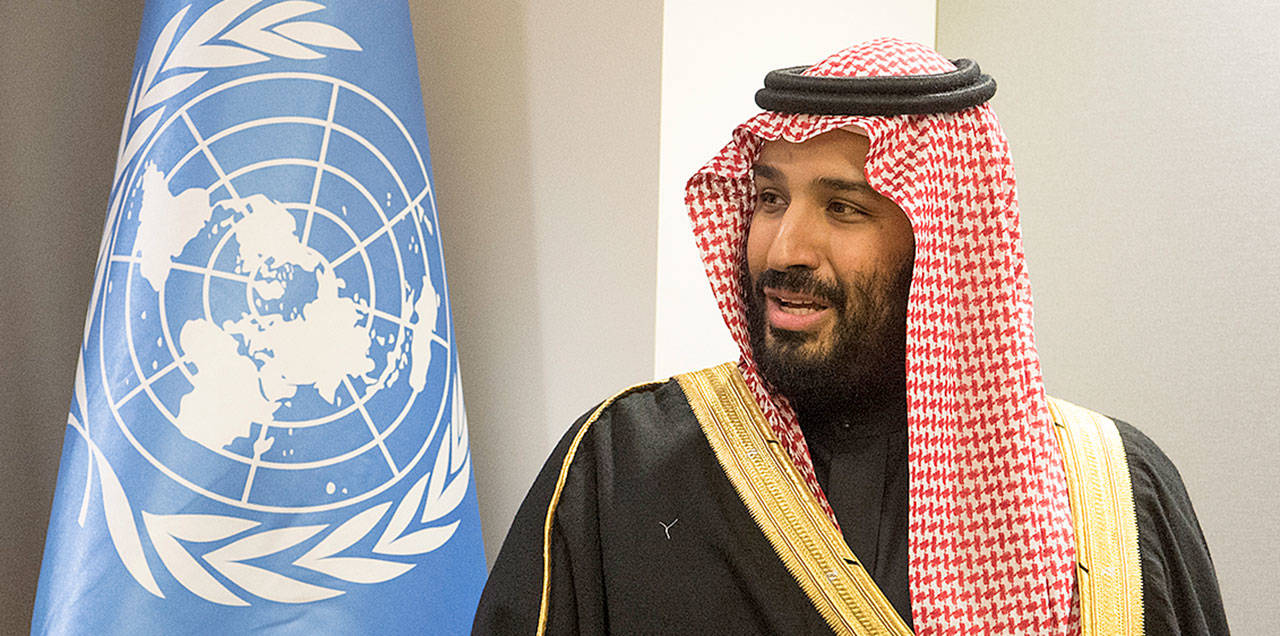 Saudi Arabia had assisted and supported refugees with humanitarian relief and development assistance.
Saudi Arabia had assisted and supported refugees with humanitarian relief and development assistance.
The Kingdom provided Rohingya refugees in Bangladesh and Malaysia with assistance amounting to $18.1 million
The UN Financial Tracking Service (FTS) has revealed that Saudi Arabia is ranked fourth among major world donors of humanitarian aid.
With all the false accusation placed on the Crown Prince of Saudi Arabia still does not stop His Highness from showing his good will and support to the unfortunate families and cities.
In Sept 2018, Saudi Arabia had assisted and supported refugees with humanitarian relief and development assistance.
Dr. Aqeel Al-Ghamdi, assistant general supervisor for planning and development at the King Salman Center for Humanitarian Relief and Works (KSRelief), mentioned Saudi aid to countries during a speech at the UN. He said that the Kingdom provided Rohingya refugees in Bangladesh and Malaysia with assistance amounting to $18.1 million.
Al-Ghamdi said that 13 projects were also implemented for internally displaced persons in Myanmar through the International Organization for Migration (IOM), adding that Saudi Arabia has provided Syrian refugees in Jordan with aid worth $178.3 million, in Turkey worth $88.7 million, in Lebanon worth $95.7 million, and to refugees in countries such as Iraq, Egypt and others, worth $219.6 million with 198 humanitarian projects.
Aid worth $203.3 million was given to Jordan as a host of refugees, he said. The Kingdom provided $500 million to support the UN Humanitarian Response Plan for Yemen in 2018; of this amount $31 million was allocated to the UNHCR and $23.3 million to the IOM to provide assistance to internally displaced refugees and internally displaced persons.
The contribution of Saudi Arabia to Yemen since the beginning of the crisis in 2015, in humanitarian assistance, development and relief for the Yemeni people, amounted to $11.18 billion.
For Palestine, the Kingdom has been one of the largest donors, since 2000 until 2018, providing development, humanitarian and charitable assistance amounting to $5.55 billion.
In Somalia, Al-Ghamdi said that the Kingdom provided $177.3 million in assistance, carrying out 29 projects and providing $10 million to the UNHCR and IOM to repatriate Somali refugees from Yemen, and helping them to resettle when they returned.
The Kingdom had also allocated $10 million for projects in Nigeria, where urgent humanitarian and relief projects were being implemented for displaced people, he said.
In Pakistan, the Kingdom provided assistance amounting to $107.3 million, implemented for 85 projects for displaced people affected by floods and earthquakes between 2005 and 2018.
In Afghanistan, the Kingdom provided assistance to 32 projects for displaced people worth $22.8 million.
Al-Ghamdi noted that the Kingdom has hosted 1.07 million refugees (563,911 of whom were Yemenis, 262,573 Syrians and 249,669 Burmese), representing 5.26 percent of the total number of Saudi residents.
In the Kingdom, these refugees exercised the right to residence, mobility and had access to education, health and work, on an equal footing with Saudi citizens.
The Kingdom is working on a comprehensive database using internationally recognized standards that will soon be launched to record and monitor refugee data within Saudi Arabia. The humanitarian and relief work of the Kingdom covered 40 countries.
Royal Group Charity Foundation will continue to work closely with the Kingdom and help promote the good will of Crown Prince Mohammed Bin Salman Al-Saud and the Kingdom.
Saudi Arabia stands ready and prepared to support people in need of humanitarian assistance on the basis of core humanitarian principles and regardless of nationality, race or religion.
Please visit: www.misk.org.sa
GCC Humanitarian Efforts to Rohingya
GCC Humanitarian Efforts to Rohingya
The Rohingya’s in Myanmar and Bangladesh have suffered much in the latest act of violence.
The humanitarian aid’s dedicated by the GCC to the Rohingya amount to more than 33 million USD covering health care, food, shelter, water and sanitation. They were offered to over 350,000 displaced persons in coordination with international organizations.
UAE
The recent humanitarian gesture of Sheikh Khalifa bin Zayed Al Nahyan, to send urgent aid to Rohingya Muslims in Myanmar reflects this country’s commitment to giving.
The UAE always sends humanitarian aid and relief to various countries in dire need of help after natural disasters and destructive conflicts.
SAUDI ARABIA
Saudi Arabia has deployed a humanitarian relief team to Bangladesh to help Rohingya Muslim refugees there urgently in need of aid.
The King Salman has allocated US $15 million to ease the suffering of Rohingya fleeing Myanmar amid a military crackdown.
A specialized team from the centre have headed to Bangladesh to make an assessment of the condition of Rohingya refugees there and to find out what are the essential requirements that are to be made available to them urgently, as well as to extend assistance in terms of relief, humanitarian help and shelter.
QATAR
Qatar Charity and the United Nations High Commissioner for Refugees (UNHCR) signed a cooperation agreement to set up emergency shelter for displaced Rohingya Refugees in Myanmar. The shelters are expected to accommodate 2,100 displaced people for six months.
This agreement was signed at Qatar Charity headquarters at the Gulf Cooperation Council (GCC)
Under the agreement, the UNHCR will set up 420 temporary shelters for the Rohingya refugees in three areas in the Rakhine and Kajine states, with funds up to half a million dollars from Qatar Charity. This agreement shows Qatar Charity’s prompt implementation of emergency relief projects and care to provide humanitarian assistance in cooperation with international organizations, especially in countries where these organizations can take action easily as in Myanmar. Furthermore, the agreement enhances Qatar Charity’s cooperation and partnership with United Nations organizations.
KUWAIT
Kuwait Red Crescent Society continues to distribute urgent supplies for Rohingya Muslim refugees in Coxs Bazar, Bangladesh.
Distributions include carpets, ponchos, food parcels, hygiene boxes and parcels of clothes.
The Kuwaiti society also distributed kitchen ware and meals.
There are about 13 camps in Coxs Bazar, a city located about 70 kms away from the Myanmar border, where Kuwait is carrying out an ongoing humanitarian aid campaign to assist the weary travelers.
According to UN estimates, around 5,000 Rohingya refugees escape across the border every day from Myanmar.
Conclusion
Royal Group Charity would like to thank the GCC for its humanitarian efforts and to express our appreciation of the effective cooperation between the GCC and the United Nations. We hope to meet the humanitarian needs of displaced people and refugees around the world.






